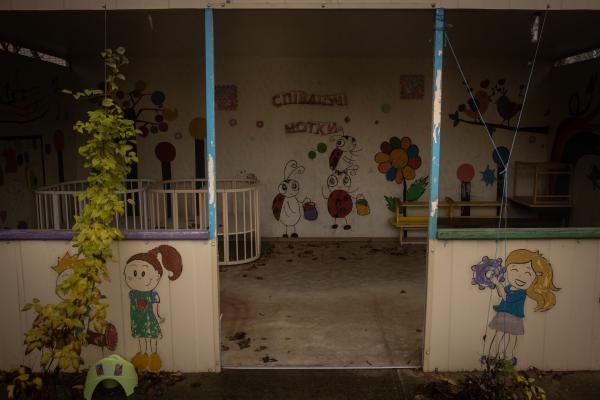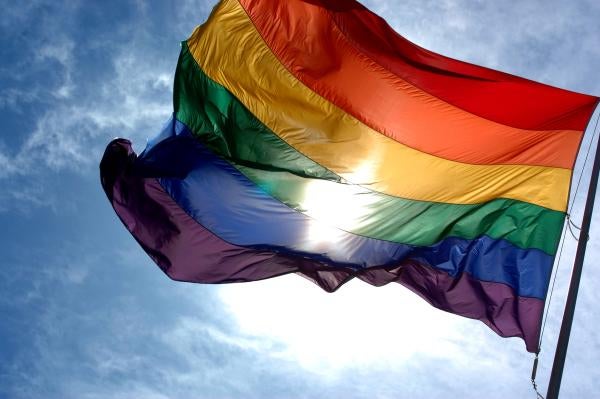You are innocent until proven guilty in a court of law.
But not in Japan.
As soon as you’re a suspect in detention – long before any trial even begins – the authorities essentially assume you’re guilty and punish you by undermining your most basic rights.
They strip you of the right to remain silent, they question you without your lawyer present, and they coerce you to confess by denying you bail. They try to wear you down with repeated arrests and prolonged periods under constant surveillance in police stations.
In Japan, this is known as the “hostage justice system” (hitojichi-shiho). Suspects are frequently detained prior to trial for ages — sometimes for months or even more than a year — to obtain their confessions.
It’s so bad, Japanese has a word for the false accusations that lead to a person becoming a victim of the justice system: enzai. A magazine documenting miscarriages of justice in Japan describes enzai bluntly: “Even though you’re innocent, you get treated as a criminal.”
The abusive system results in lives and families being torn apart.
Take the example of Tomo A., arrested in August 2017 for allegedly killing his six-week-old child by shaking. He spent nine months in detention awaiting trial, and during that time, prosecutors told him that either he or his wife must have killed their baby and his wife would be prosecuted if he did not confess.
He was acquitted in November 2018.
Such serious problems with Japan’s criminal justice process may come as a surprise to many outside the country, where Japan generally has a good reputation as a rights-respecting democracy. But many inside Japan have long been pushing for wide-ranging reforms to end these abuses.
“You are basically held hostage until you give the prosecutors what they want,” says Nobuo Gohara, a former prosecutor.
“This is not how a criminal justice system should work in a healthy society.”







